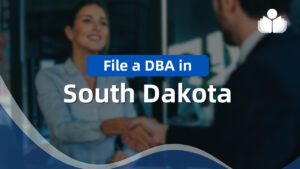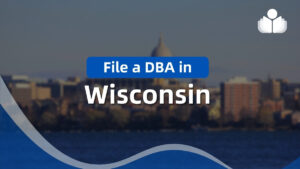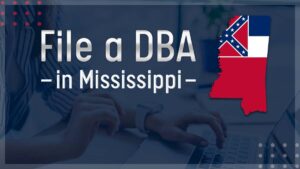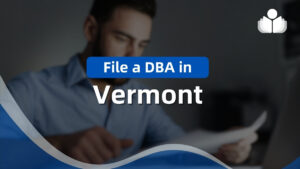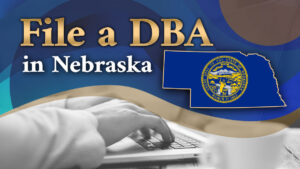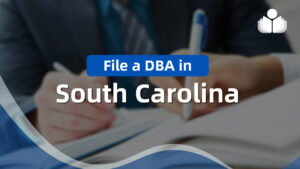It is important that specific terms be used/understood with consistent definitions. Members of a Board of a non-profit organization, by law, are those individuals who have specific responsibilities and liabilities, and who have unrestricted voting rights — except for conflict of interest situations.
Anyone who does not have voting rights, therefore, is not a Member of the Board.
For someone to be a Member of the Board, “by virtue of the office that they hold,” does not — cannot — restrict their voting rights.
To say that, “Executive directors are usually ex officio members of the board and that they are non-voting members,” is a contradiction. If they are Board Members, they have a vote. If they don’t have a vote, they’re not Board Members.
Of course many well-meaning and well-intentioned NPOs include language in their by-laws about Executive Directors (and/or others) being non-voting Board Members, but that doesn’t make such provisions correct.
When it comes to his/her participation in board activities, the Executive Director does play a very important advisory role, but that’s all it is, or should be — advisory.
Don’t be confused by the use of different terms to refer to the person who oversees the day-to-day operations of an NPO. However that position is defined, whether President or Executive Director or any other designation, if s/he is paid staff, then s/he shouldn’t be a Board Member. It creates too many conflicts of interest.
My observation would be that any Board that makes provisions for others to be non-voting members doesn’t understand the non-profit process or the legal implications, and I would caution against doing something just because others “usually” do it.
Check with an attorney who has expertise in non-profit law, not just any attorney, to be sure what the legal strictures are in your state.
Meanwhile, your E.D. can function as a resource and provide recommendations. That’s always a good idea.
=-=-=-=-=-=-=-=-=-=-=-=-=-=
Have a comment or a question about starting, evaluating or expanding your fundraising program? Contact [email protected] With over 30 years of counseling in major gifts, capital campaigns, bequest programs and the planning studies to precede these three, he’ll be pleased to answer your questions.
 Sections of this topic
Sections of this topic


